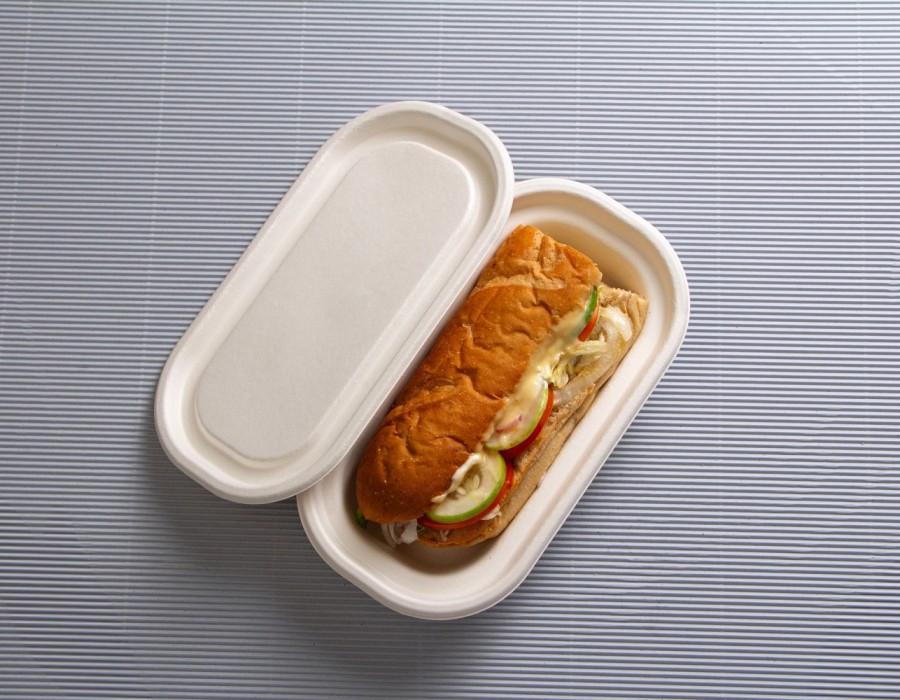Introduction
In recent years, the hospitality industry has increasingly adopted eco-friendly practices to align with global sustainability goals. One notable example of this shift is the use of bagasse containers, derived from sugarcane waste, as a sustainable alternative to traditional packaging options. This case study explores how a mid-sized restaurant chain, EcoEats, successfully integrated bagasse containers into their operations, demonstrating the environmental and operational benefits of this choice.
The Transition to Bagasse Containers
EcoEats, a restaurant chain known for its commitment to environmental stewardship, decided to replace their conventional plastic and styrofoam packaging with bagasse containers. The transition was motivated by a desire to reduce their environmental footprint and respond to growing customer demand for sustainable practices. The change involved a thorough evaluation of suppliers, product quality, and cost implications.
The switch to bagasse containers was implemented over a six-month period, starting with a pilot program in a few locations. This phased approach allowed the company to assess the performance of the containers and gather feedback from both staff and customers.
Operational Benefits and Challenges
One of the primary benefits observed was the positive impact on the restaurant's waste management practices. Bagasse containers are compostable and break down more quickly than plastics or styrofoam, reducing the volume of waste sent to landfills. This not only aligned with EcoEats' sustainability goals but also contributed to lower waste disposal costs.
Staff feedback highlighted the durability and functionality of bagasse containers. They found that the containers effectively maintained food temperature and integrity, even for items with high moisture content. However, some challenges were encountered, including initial concerns about the containers’ resistance to grease and liquids, which were resolved through supplier consultations and product adjustments.
Customer Reception and Market Impact
The customer response to the new packaging was overwhelmingly positive. Many patrons appreciated EcoEats' commitment to reducing environmental impact, and the use of eco-friendly packaging enhanced the brand's reputation as a leader in sustainability. The restaurant chain also noticed an increase in customer loyalty and positive reviews, attributed to their environmentally conscious efforts.
Moreover, the change in packaging was used as a marketing tool to differentiate EcoEats from competitors. The company highlighted their use of bagasse containers in promotional materials and on social media, reinforcing their brand's dedication to sustainability.
Conclusion: Lessons Learned and Future Outlook
EcoEats' adoption of bagasse containers illustrates the potential for eco-friendly packaging to positively impact both environmental sustainability and business operations. The case study demonstrates that while there are challenges to overcome, such as product performance and cost considerations, the benefits of aligning with customer values and reducing environmental impact are substantial.
As the hospitality industry continues to evolve towards greener practices, bagasse containers represent a viable option for businesses looking to enhance their sustainability efforts. EcoEats' successful transition serves as a model for other companies aiming to make a positive environmental impact while maintaining operational efficiency and customer satisfaction.





Comments